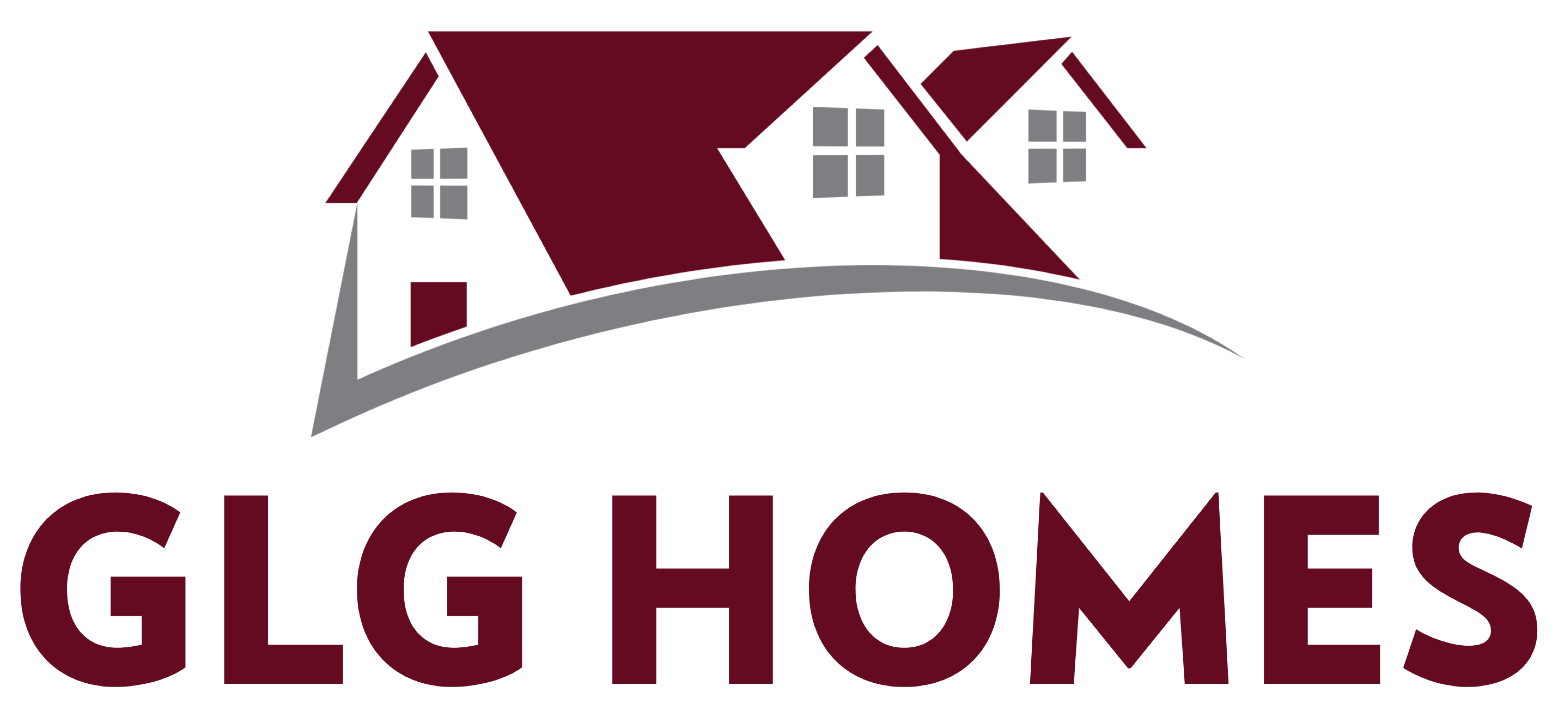Home sales get cancelled all too often
It happens. More than you may realize. Especially in a seller favored market. The process of buying (selling) a home is lengthy and there are many steps. For some people, the process seems to only include looking at homes and putting in offers. It takes a lot more than that to get a deal done. And after the contract is signed, the buyer will conduct inspections, order appraisal, and secure homeowners insurance. Aside from issues that cause delays and require extensions (we’ve seen some sales delayed by months), the whole process can go sideways at any point.
But on top of the issues that can arise just dealing with the legal or lending process of buying a home, there are many (far too many) buyers who withdraw their offers. You can be better prepared for the common reasons that home sales are cancelled to avoid the cancellation altogether. These are common reasons why a home sale is cancelled (in no particular order).
1. Cold Feet
Buying a home (or selling one) is exhausting. It can take weeks and months to even find the home and get an offer accepted. We tell everyone, “don’t fall in love until you have the keys in hand.” There is a ton of paperwork and inevitably, there is an emotional rollercoaster of excitement to panic and anxiety to relief. Add to this the uncertainty of things such as COVID-19, the economy or (in 2020) a presidential election. As great as interest rates are with insanely low rates, the idea of a 30 year mortgage is never an easy one to take on. And it is not uncommon for a buyer to submit their offer and, in a day or two, turnaround and cancel the offer. Simply put, the buyer got “cold feet”. The uncertainty of the process or simply what is going on in their personal life can create an overwhelming pressure on a buyer. And in some cases, these buyers simply cancel the purchase. As the saying goes, “it ain’t over, ’til it’s over”. If you are selling your home, you need to be prepared for buyers to back out.
2. Negative Inspections
Immediately following the acceptance of an offer, buyers go to the inspection stage unless they chose to waive inspections. The large percentage of failed or cancelled contracts occur during, or as a result of, the inspection period. Inspection companies are assigned to provide a view into the ‘health’ of a home and identify possible issues or maintenance concerns. Buyers pay for this report as a guide for their purchase, but also to provide insight on whether or not the house is priced accordingly or if there are issues that require repair and lower the price value. This is good for the buyer, but it is also a risk. The inspection report can cause some buyers to walk away. If the property has severe enough defects, the buyer should have known that before putting in an offer. But in some cases, a buyer thought it was a “move-in ready” home but ultimately needs some work and that may push the buyer away. In most cases, a seller will address the issues as repairs or closing credits if these are minor or would be required regardless of the buyer. But if the two sides cannot come to terms on items identified in the inspection, the buyer will cancel the contract. This is arguably the most common reason home sales are cancelled.
3. Failed Loan
Loans fail for one of two reasons. Either the buyer wasn’t truly capable of making the purchase (pre-qualified versus pre-approved) or the house failed to appraise at the purchase price. Once a buyer goes under contract for the purchase, their loan application is submitted for the lender’s underwriting team to review tax returns, W2 statements, bank statements, credit report and other criteria depending on the buyer and lending requirements (e.g. gifted funds). In some cases, buyers find out after they have gone under contract that they don’t actually qualify for the loan amount requested. This is the risk of a pre-qualification versus a full pre-approval. If the buyer is capable of the purchase, but the house does not appraise (which is different from a realtor’s comparable market analysis) at or above the purchase price the bank won’t provide a loan for the agreed upon purchase price. Now, both buyer and seller have to deal with a reduction in the offered price. Or, the buyer has a second appraisal conducted which can match, raise, or possibly even lower the evaluated value. Ultimately, a buyer who is unable to secure a loan or a failed appraisal (that cannot be negotiated into the price) will have the buyer cancelling the sale. This is the second most common reason why home sales are cancelled.
4. Other Listings
Less common is the buyer with multiple offers on the table. As a seller, you are thrilled when you go under contract for the sale of your house. Especially if the buyer is coming in at your list price or close to it and after only a few days on the market. Unfortunately, in some but not many markets, buyers will submit offers on different properties at the same time. Especially in a hot market like we have seen in 2020. (As a realtor, we don’t support this for a number of reasons.) Worse yet, for some buyers getting their offer accepted doesn’t stop the wandering eye wondering if there is something better. Depending on local regulations, home sales can be cancelled and withdrawn in just the first 2-3 days without explanation. But many buyers will use inspection or mortgage contingencies as a means of cancelling the contract without risking the earnest money deposit. When this happens, a seller has to start all over again and now the “back on market” label is applied to the house (which makes other buyers question if there is an issue with it).
Avoid having your home sale cancelled
Before you accept an offer from a buyer, look at the contract terms. Price isn’t always the winning factor. A buyer may be coming in at or above the purchase price, but if they require seller credits, have 1% or less of an earnest money deposit or multiple (added) contingencies – is that really the contract you want? Buyers who back out cause perception harm to your listing. But you can reduce the chance of a buyer walking away if you and your real estate agent thoroughly evaluate the contract and not just react to the price. But, you can also be prepared by having your home well maintained and ready for inspections. And, if your listing price was based on a well developed market analysis, the appraisal risk can be mitigated. Be a progressive seller and do what you can to remove the potential hurdles or reasons for a home sale to be cancelled.
Want to sell your house stress free?
g.

